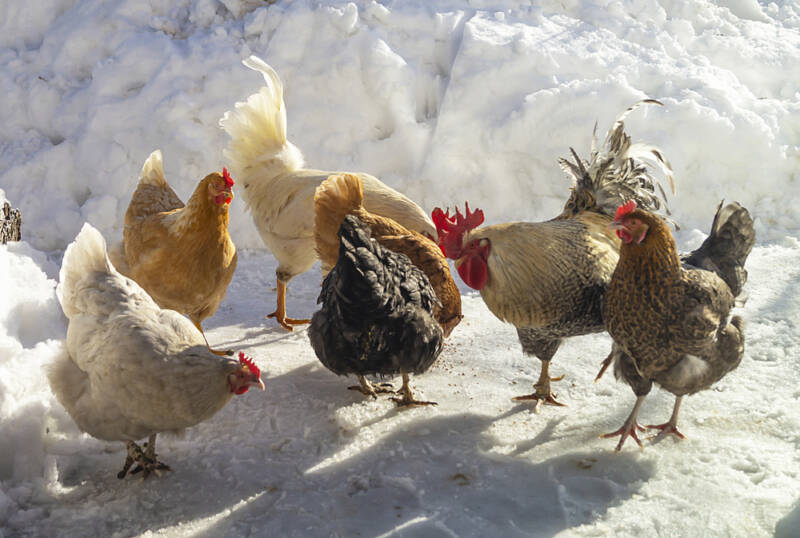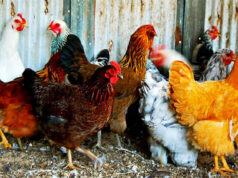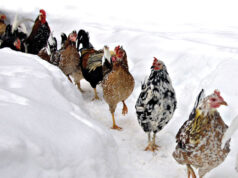One of the most common questions that poultry enthusiasts have revolves around the frequency of egg-laying in chickens. So, do chickens lay eggs every day? The fascinating world of egg-laying chickens is filled with nuances and factors that influence this frequency. This article will delve deep into the subject to provide the answers you seek.

Understanding the Egg-Laying Process
Chickens are complex creatures with an equally complex reproductive system. The process of laying an egg is intricate and can vary based on several factors. By understanding these factors, you’ll be better equipped to answer the question: Do chickens lay eggs every day?
The Anatomy of a Laying Hen
Before we dive into the frequency of egg-laying, it’s essential to understand the anatomy of a hen. The key components include the oviduct, ovary, and shell gland, all of which play vital roles in egg production.
Ovary
The ovary is responsible for producing the yolk, which is the primary component of an egg. It releases yolks in a sequential manner, which are then transported down the oviduct.
Oviduct
The oviduct is a long tube where the egg white (albumen) and shell are added. This process takes around 24-26 hours.
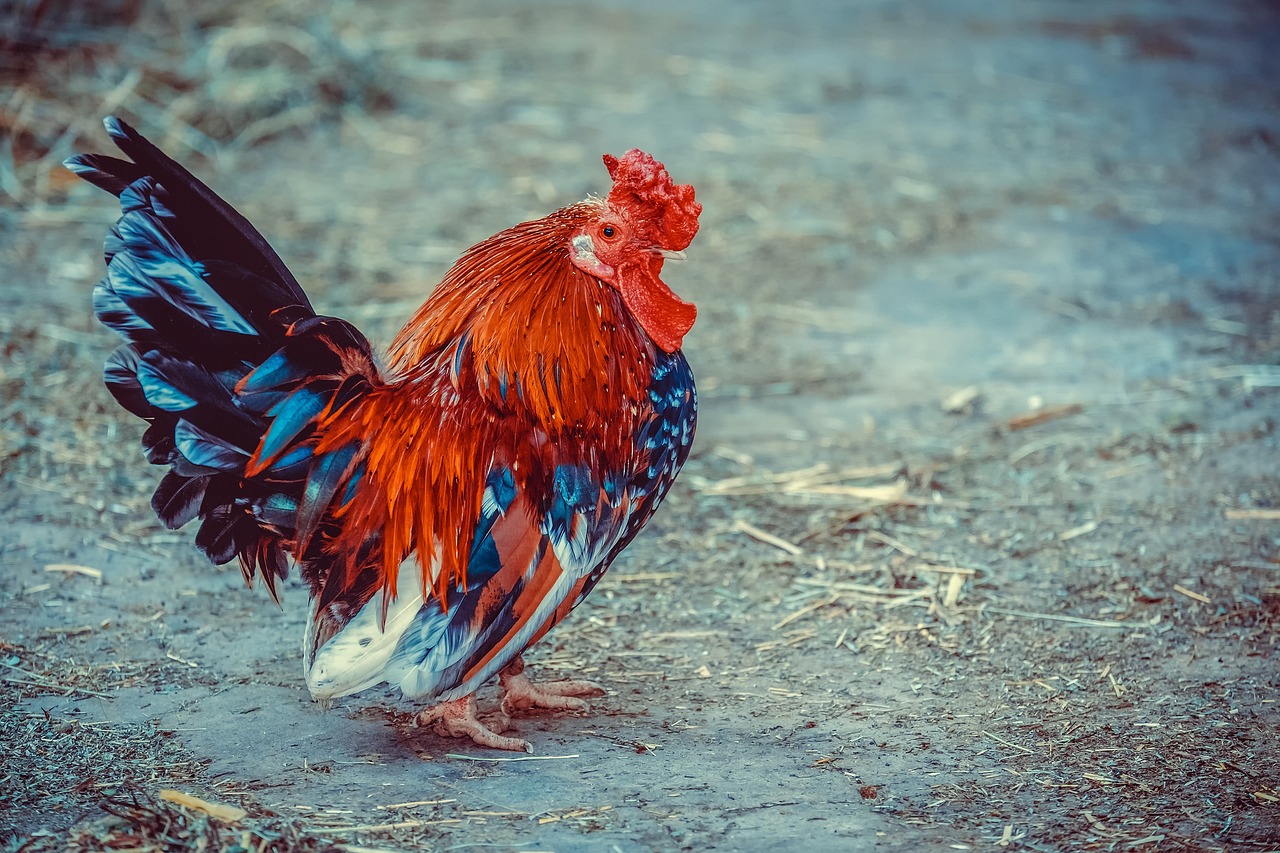
Factors Influencing Egg-Laying Frequency
While a chicken has the potential to lay an egg every day, several factors influence whether this actually happens.
Breed
Certain breeds of chickens are more prolific egg layers than others. For example, Leghorns and Rhode Island Reds are known for their high egg production.
Age
A hen’s age significantly impacts her laying frequency. Younger hens in their prime (usually around 1-2 years old) are the most productive.
Diet
A balanced diet rich in calcium and protein is essential for consistent egg production. Poor nutrition can lead to reduced egg-laying.
Light Exposure
Chickens require adequate light exposure to stimulate their reproductive systems. Typically, hens need around 14-16 hours of light per day for optimal laying.
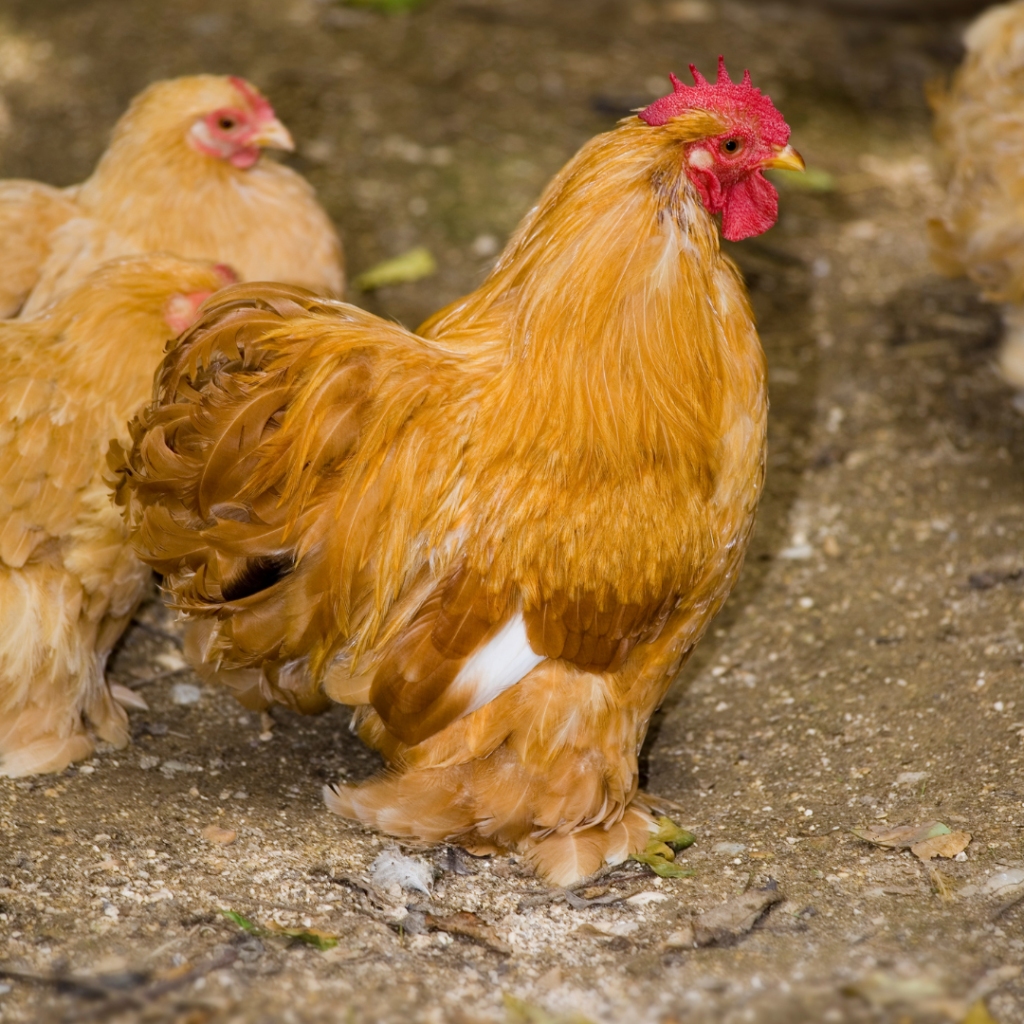
Seasonal Variations
One of the reasons you might not see daily egg-laying is the influence of seasons. During winter months, limited daylight can reduce a hen’s egg production.

Can Hens Lay Eggs Without a Rooster?
Many beginners wonder if a rooster is necessary for egg production. The answer is no. Hens will lay eggs without a rooster, but these eggs won’t be fertilized.
Signs of a Healthy Laying Hen
To ensure your hens are laying eggs regularly, it’s vital to monitor their health. Some signs of a healthy laying hen include:
- Bright comb and wattles
- Active and alert behavior
- Consistent egg size and quality
Common Problems Affecting Egg Production
Several issues can disrupt a hen’s egg-laying cycle. Understanding these problems can help you address them promptly.
Moulting
During moulting, hens shed old feathers and grow new ones. This process demands a lot of energy, often leading to a temporary halt in egg production.
Stress
Stress from factors like predators, changes in environment, or poor living conditions can adversely affect a hen’s laying frequency.
Illness
Diseases and illnesses can significantly impact a hen’s ability to lay eggs. Regular health checks and prompt treatment are crucial.
How to Boost Egg Production
If your hens aren’t laying as frequently as you’d like, there are steps you can take to boost egg production.
Provide a Balanced Diet
Ensure your hens have access to a balanced diet rich in essential nutrients, especially calcium and protein.
Optimize Light Exposure
Consider using artificial lighting during winter months to ensure your hens receive enough light.
Maintain Clean Living Conditions
Clean and hygienic living conditions can reduce stress and illness, promoting better egg-laying.
Frequently Asked Questions
Here are some commonly asked questions about egg-laying chickens:
How many eggs can a chicken lay in a year?
On average, a hen can lay between 250-300 eggs per year, depending on breed and other factors.
Why did my hen stop laying eggs?
Several reasons can cause a hen to stop laying, including moulting, poor diet, stress, or illness.
Is it safe to eat eggs daily?
Yes, eating eggs daily is generally considered safe and healthy. They are a great source of protein and other essential nutrients.
For more detailed information on related topics, visit these articles: Green Muscle Disease, Chicken Disease Symptoms, and Chicken Respiratory Disease.
For additional resources, you can also check out this external link: Poultry Diseases.
As an Amazon Associate, I earn from qualifying purchases.
